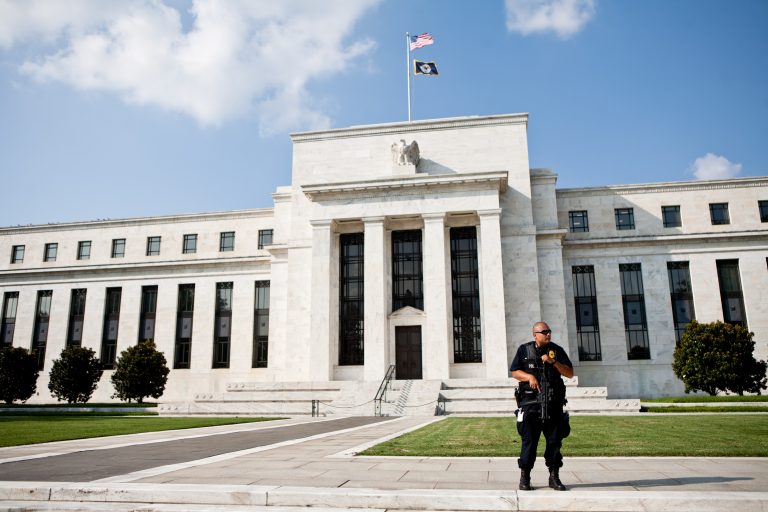Inflation is one of the hottest economic topics right now. Investors are closely watching the Federal Reserve’s actions to determine when the agency might start pushing up interest rates in a bid to combat inflation.
In an interview with CNBC, Phil Orlando, investment management company Federated Hermes’ chief equity strategist, predicted the Fed will raise interest rates six times in the next two years. Orlando has $634 billion under his management and admitted that he is worried about inflation. The Consumer Price Index (CPI) tracked by the Labor Department surged by 6.2 percent in October compared to last year, the most it has risen since December 1990.
“Our best guess is that we will see two quarter point rate hikes out of the Fed in the second half of next year, and perhaps another four quarter point rate hikes over the course of calendar ’23,” Orlando told CNBC.
In an inflationary environment, Orlando is betting on stocks of companies operating in the industrials, materials, and energy sectors. He notes that such businesses have the ability to recoup rising business costs, increase prices, and boost their margins. Orlando is investing in companies that are “navigating this situation in a reasonably good shape.”
A median forecast of 47 economists polled by Bloomberg sees inflation rising in the near term. The CPI is expected to increase 5.8 percent by the end of Q4, up from 5.5 percent estimated a month back.
Success
You are now signed up for our newsletter
Success
Check your email to complete sign up
Economists also see the personal consumption expenditures price index, which is the Fed’s favored inflation gauge, to rise by 4.9 percent in the fourth quarter. The ongoing labor shortage and supply chain crisis could mean that inflation could get worse before the situation starts to reverse.
“Rising employment costs suggest the risks are skewed towards higher for even longer on inflation, together with the fact a record proportion of companies expect to raise their prices further in the coming three months,” James Knightley, chief international economist at ING, told Bloomberg.
A note from economic forecaster Capital Economics pointed out that some of the factors driving up prices in the United States could be short-lived. For instance, fuel prices rose in October but have since come down. The problem with the current inflationary pressures is that it is difficult to determine when the situation will stabilize, it stated.
“The bottom line is that, while it remains difficult to predict how far or for how long the various ‘transitory’ factors will boost inflation, there is increasing evidence that inflationary pressures are broadening out, underlining that inflation will remain elevated for much longer than Fed officials expect,” said the note.
On Nov. 23, the Russell Investment published its quarterly survey of investors which showed that 55 percent of fixed income managers expect inflation in America to be between 2.26 percent and 2.75 percent in the next 12 months, which is higher than the Federal Reserve’s two percent target.
Twenty percent of the managers believe the inflation would be even higher. Around 80 percent do not see inflation falling below two percent within the next five years. Almost half the respondents expect the Fed to take action on interest rates at least by the second half of next year.
Rising inflation is not limited to America alone. In China, inflation rose by an annual rate of 1.5 percent in October, doubling from September’s growth of 0.7 percent. In Europe, Germany’s inflation rose from 4.1 percent in September to 4.5 percent in October.
The Bank of England recently predicted the country’s inflation to jump by five percent by the next spring season.
















